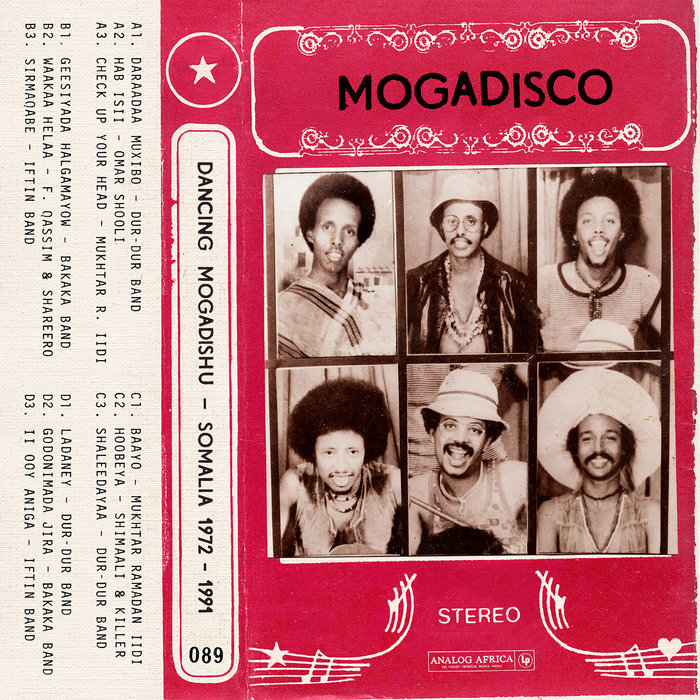
Check Up Your Head – Mukhtar Ramadan Iidi
this blog is GROOVY – check out great Soul, Funk, Jazz, Hip Hop, Bass, Breaks , Reggae, House n many more TUNES
Hey there, music lovers! Buckle up as we take a funky ride through the vibrant world of African music. The beats are infectious, and the rhythms will have you tapping your feet in no time. Let’s dig into the history of this rich genre and sprinkle in some fun facts about its colorful characters!
African music can be traced back thousands of years. It’s connected deeply to culture, rituals, and community life. From traditional folk songs sung at ceremonies to drum circles echoing across villages, these tunes were a way to pass down stories and celebrate everyday life.
You can’t talk about African music without giving a shout-out to drums! They are like the heartbeat of this continent’s musical landscape. Each region has its own styles: from djembe in West Africa to talking drums that literally “talk” in Nigerian Yoruba tradition.
Funny Fact: Did you know that drummers have been known to get so lost in their rhythm that they accidentally start drumming on things other than drums? It’s not uncommon for a guitarist during a jam session to suddenly find their guitar accompanied by an enthusiastic percussionist banging away on tables or even pots!
As Africa opened up to different cultures over centuries—thanks colonialism—the soundscape began shifting significantly. Enter jazz, blues, rock ‘n’ roll; these sounds mingled with local traditions creating new genres like Afrobeat and Highlife.
Afrobeat was popularized by the legendary Fela Kuti! This dude didn’t just play his saxophone; he blew minds while addressing political corruption through his groovy tunes! His band featured around 30 musicians all jamming together – imagine trying to coordinate those practice sessions!
Fun Tidbit: Fela once had his own commune called Kalakuta Republic where he welcomed anyone who wanted freedom through art—he told city officials it was independent territory! People came for liberation…and stayed for the parties!
Fast forward today—we’ve got an explosion of styles including Hip Hop, Afrobeats (yes that’s different from Afrobeat), Kwaito…and everything in between! Artists like Burna Boy and Wizkid are paving paths not just on local charts but also internationally.
With social media exploding onto the scene, dance challenges originating from African artists can turn chart-topping hits into global phenomena overnight! Songs like “Jerusalema” went viral thanks mostly due dancers sharing their moves on TikTok.
Hilarious Snippet: Remember that one viral video where people attempting those intricate Jerusalema dance moves kept tripping over each other? Yep—there’s nothing quite as amusing as people going all out only to face-plant mid-spin!
Africa is home to many unique instruments—from kora (that gorgeous harp-like thing) to mbira (the thumb piano). These bad boys carry haunting melodies straight from ancestral spirits.
Quirky Fact: Some siku players will exaggerate their facial expressions while playing—as if channeling their inner Mozart—but end up looking more confused than inspired when they hit wrong notes during live shows…priceless moments captured forever on fan videos!
Let’s not forget how women have heavily shaped Africa’s musical narrative too—with powerful voices leading movements alongside men—and still throwing down killer beats today! Ladies like Miriam Makeba fought apartheid with her songs while others such as Angelique Kidjo continue breaking barriers globally.
A cool fact? Many female singers form supportive collaborations instead of rivalries—a wave of good vibes if you ask me! There’s something groovy knowing sisters united turn competition into celebration instead—with jam sessions turning into tequila-fueled nights filled with laughter after long rehearsals…
So here we are at our closing note—a high five backhanded salute shared amongst generations steeped within deep-rooted traditions blended smoothly along contemporary lines buzzing throughout cities worldwide!
If you’ve learned anything today it should be simple:
Now go ahead—hit play on your favorite tune inspired by this rhythmic journey while shaking off your day’s worries until next time when we dive deeper toward another magical musical exploration elsewhere around our planet 🌍🎶

Check Up Your Head – Mukhtar Ramadan Iidi
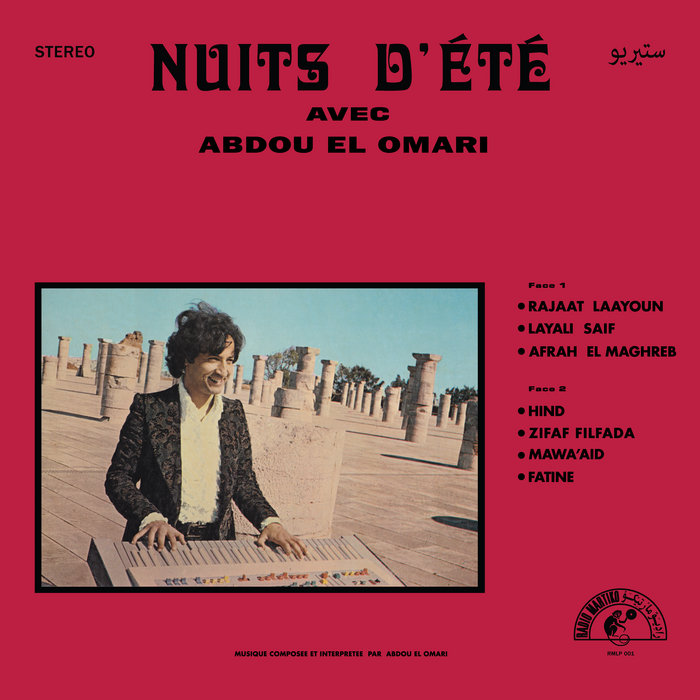
Afrah El Maghreb – Abdou El Omari
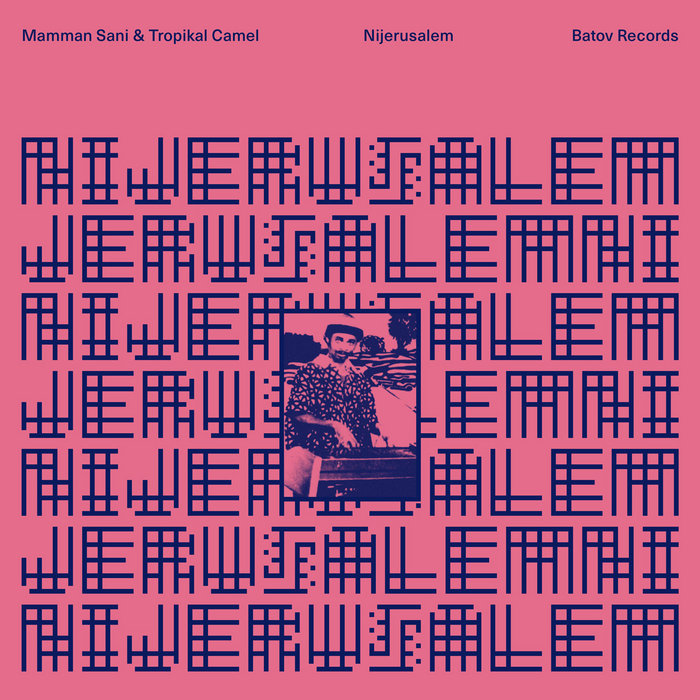
Touareg Spaceship – Mamman Sani & Tropikal Camel
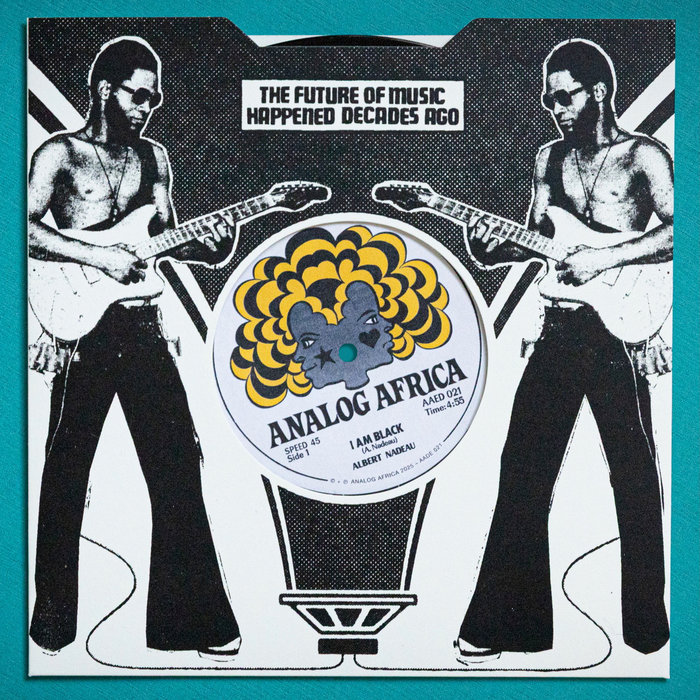
I Am Black – Albert Nadeau
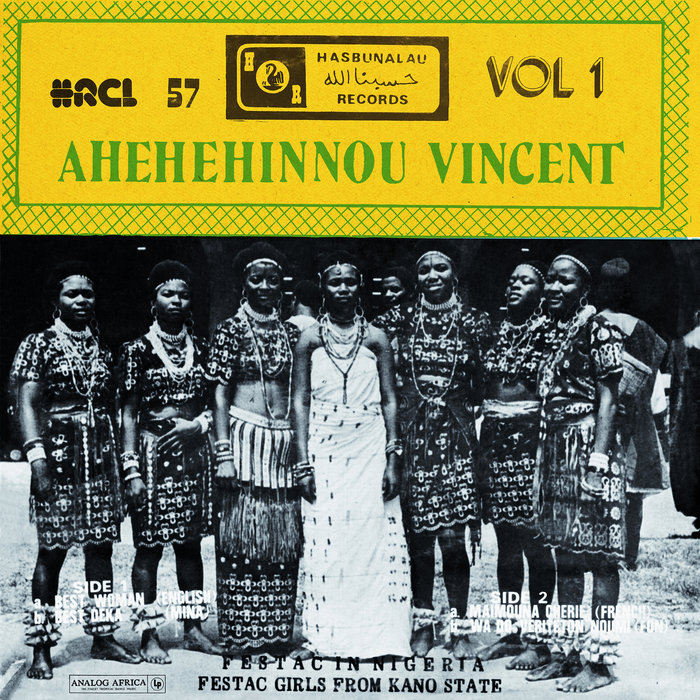
Best Woman – Analog Africa
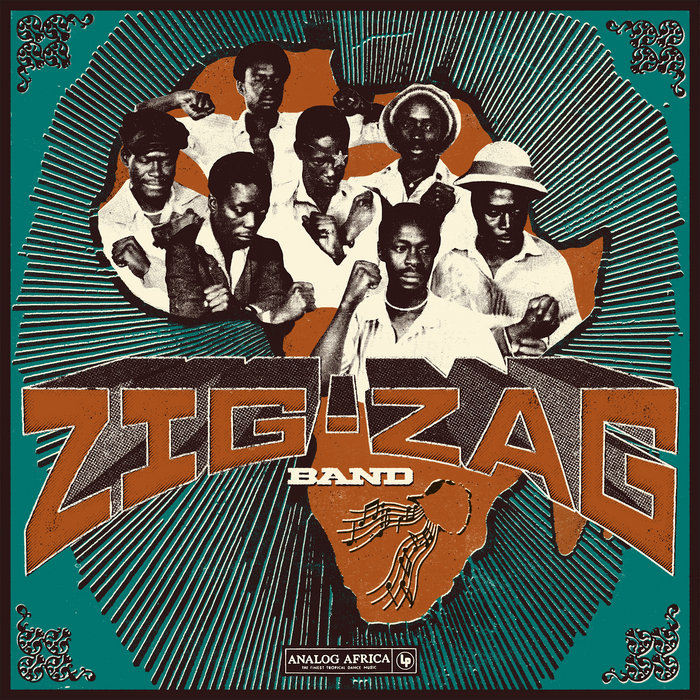
Ndzirombi (Conflict Monger) – Analog Africa
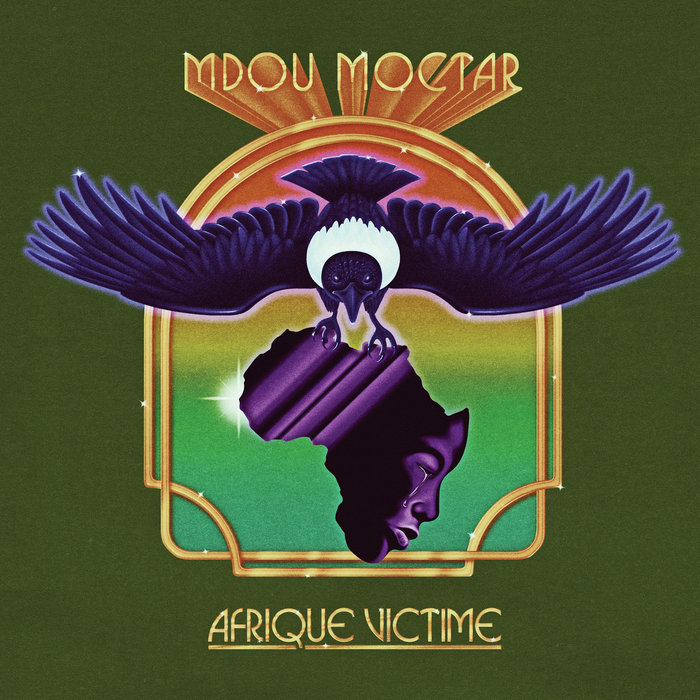
Afrique Victime – Mdou Moctar
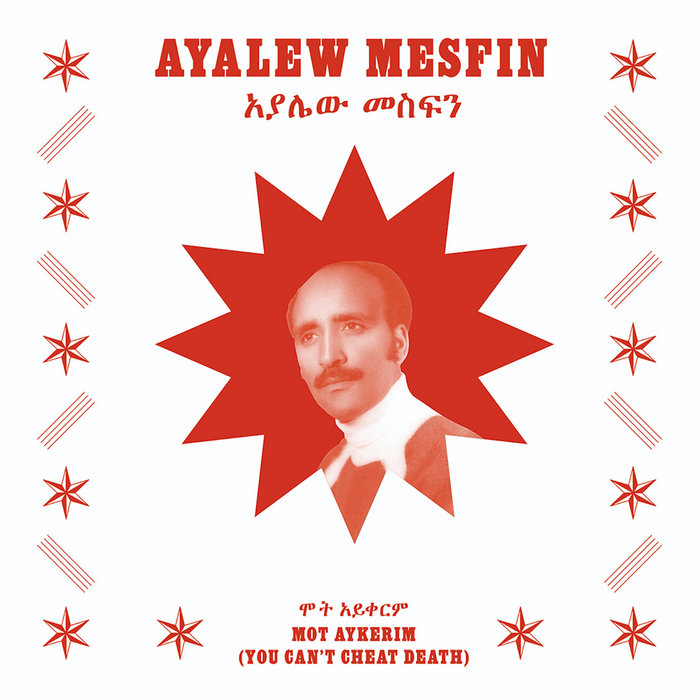
Weyolachew (I'm Warning You) – Ayalew Mesfin
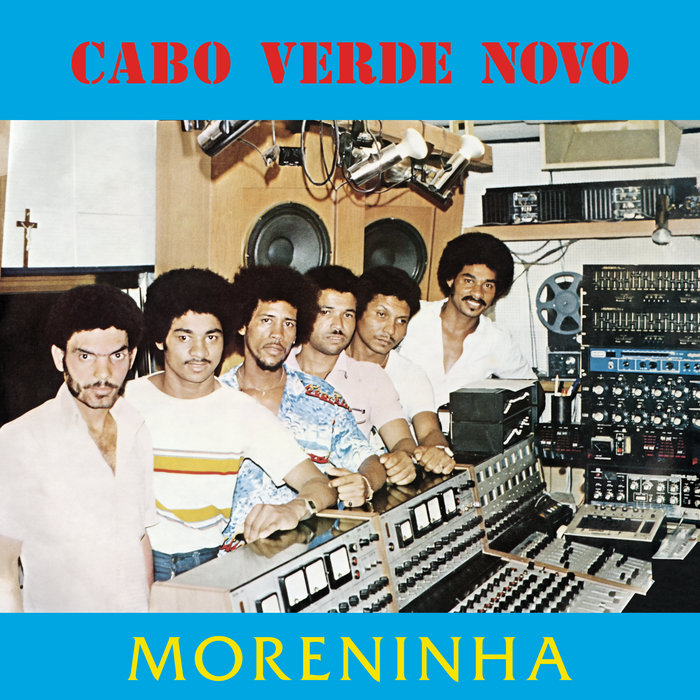
Black People – Cabo Verde Novo
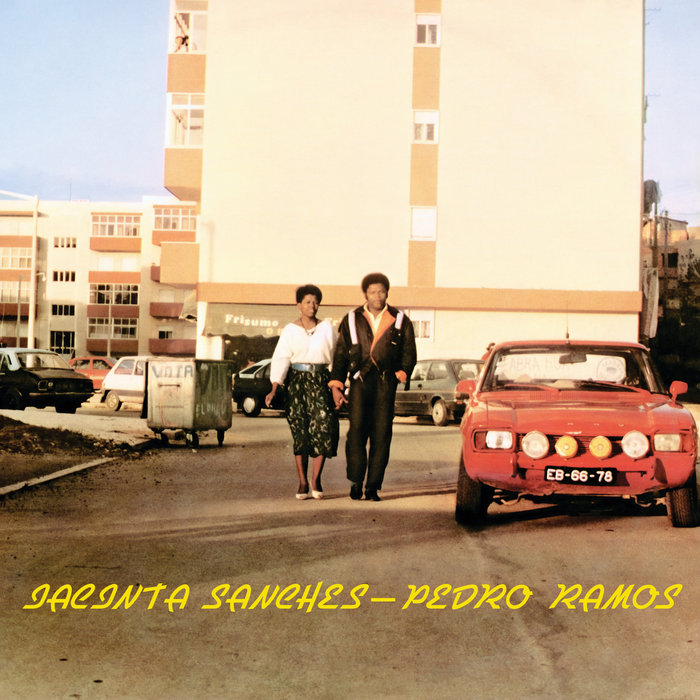
Minino Qui Naci Onti – Pedro Ramos, Jacinta Sanches